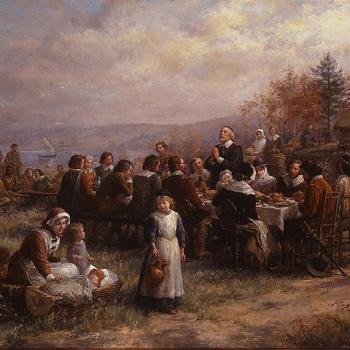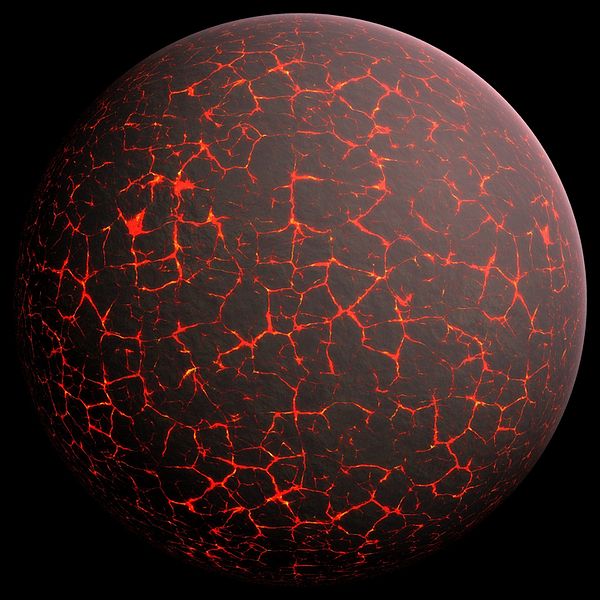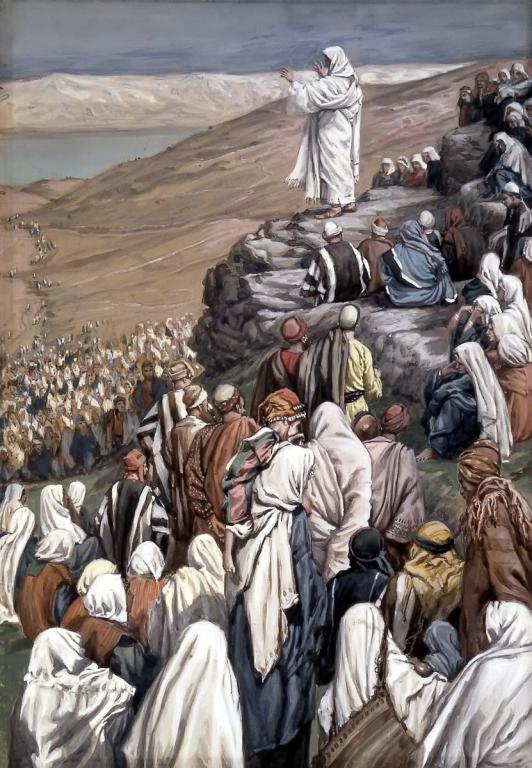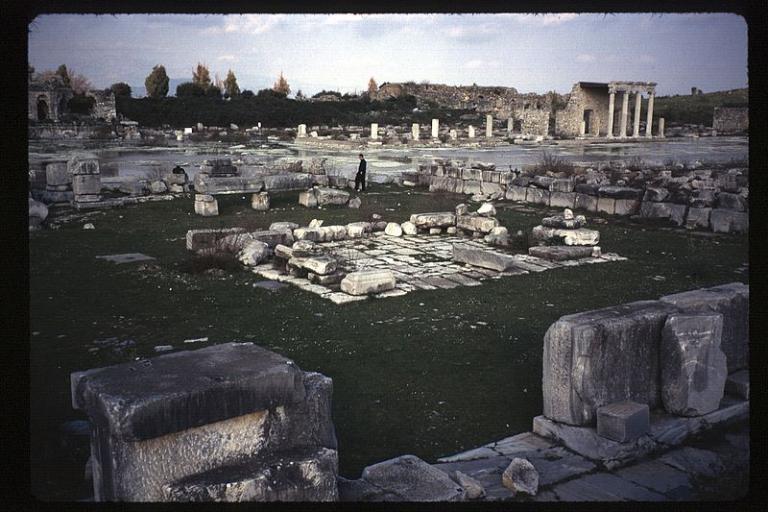
I often encounter the glib dismissal from certain atheist critics that people in the twenty-first century shouldn’t be seeking wisdom or guidance from Bronze Age goatherds, or something to that effect — by which, of course, they mean the Bible.
This has never struck me as a particularly cogent claim. For one thing, most believing Christians and Jews don’t read the Bible as a technological manual or a textbook on science, and science and technology represent the only areas in which some small degree of chronological snobbery actually seems to me warranted. If I want to learn about astronomy, I don’t go to Ptolemy or even Copernicus or Kepler. For that matter, if I want to learn about evolution, rather than about the history of the concept of biological evolution, I don’t resort to Darwin’s Origin of Species or his Descent of Man. Such fields are constantly changing, and the cutting edge of science is perpetually in motion. Older scientific books and articles, however epochal, are often of merely historical interest.
But in college courses across the nation and beyond, and for very good reason, the syllabus in subjects like ethics, aesthetics, logic, political theory, and literary criticism very often begins with Aristotle. His treatises on Poetics and on Rhetoric, on Politics, and on Metaphysics, his Nicomachean Ethics and his Eudemian Ethics, his six-work discussion of logic known as the Organon — these are astoundingly brilliant and foundational texts that continue to be relevant in their fields.
There is still very, very much to be learned from Plato, Sophocles, Confucius, Virgil, al-Ghazali, Maimonides, Dante, Milton, Shakespeare, Goethe, and scores of other great classical authors. The fact that their views of chemistry and geology are now obsolete is of little relevance to their enduring value.
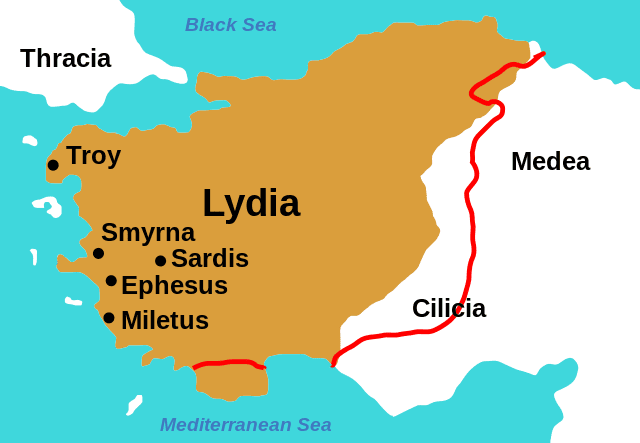
But I was amused early today, in this context, to read an opening statement in Reality Is Not What It Seems: The Journey to Quantum Gravity, by the prominent Italian theoretical physicist Carlo Rovelli:
This book begins in Miletus, twenty-six centuries ago. Why begin a book about quantum gravity with events, people and ideas so ancient? I hope the reader eager to get on to quanta of space will not hold this against me. For it is easier to understand ideas by starting with the roots from which they have grown, and an important number of the ideas which turned out to be effective for understanding the world originated over two thousand years ago. If we briefly retrace their birth, they become clearer, and the later steps turn out to be simpler and natural.
But there’s more. Certain problems first posed in antiquity continue to be crucial to our understanding of the world. Some of the most recent ideas about the structure of space utilize concepts and issues introduced then. In speaking of these distant ideas, I put on to the table questions which are going to be central to quantum gravity. This makes it also possible, when treating of quantum gravity, to distinguish between the ideas which go back to the very origin of scientific thought, even if we are unfamiliar with them, and those which are radically new. The connection between problems posed by the scientists of antiquity, and solutions found by Einstein and quantum gravity, is, as we shall see, surprisingly close. (1)
Apparently, Professor Rovelli — although he may or may not be a theist (my tentative guess is that he’s not) — hasn’t yet received the memo that old books are worthless and earlier thinkers irrelevant:
This is the immense legacy of Miletus, cradle of philosophy, of the natural sciences, and of geographical and historical studies. It is no exaggeration to say that the entire scientific and philosophical tradition, Mediterranean and then modern, has a crucial root in the speculations of the thinkers of Miletus in the sixth century BCE. (6)



